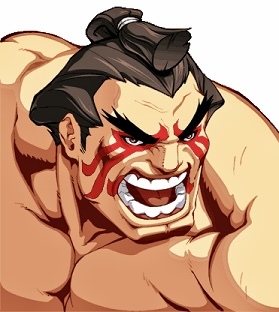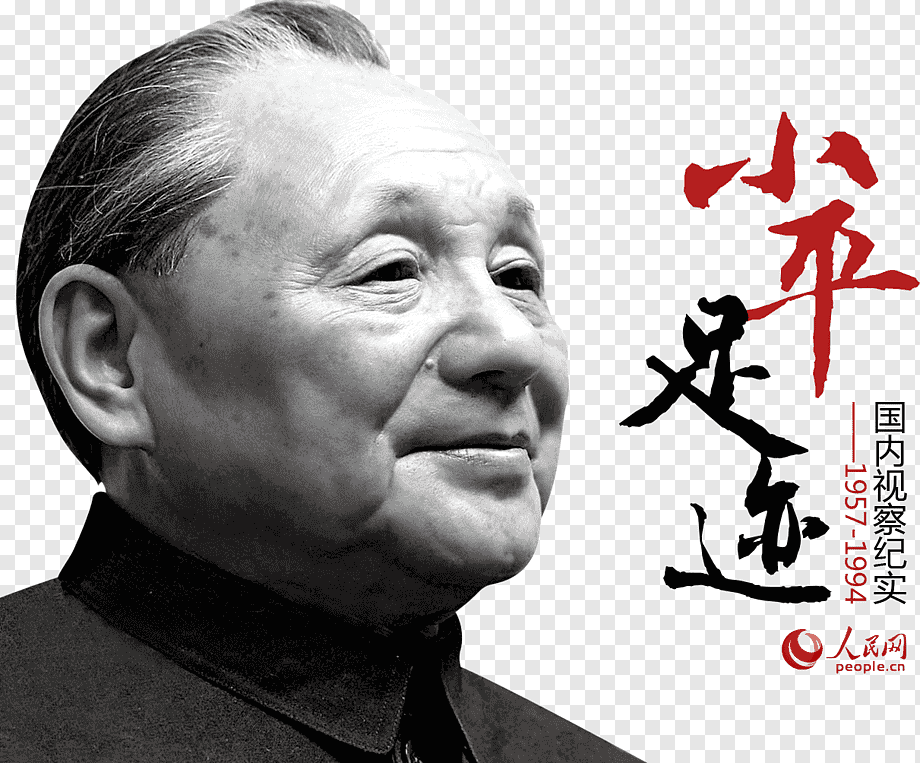Me: remembering how many games were ruined by capitalism needing to make most of them too hard because "If they're too hard to beat during a weekend rental then people will be forced to buy the full game!"
I'm still bitter about Ecco the Dolphin and Dynamite Headdy. So much wasted potential.
Fuck that fucking octopus. Fuckin asshole. Suck off me
back in my day we had no choice but to touch grass cos there wasnt anything else
Hot take: I always liked Earthworm Jim 2 better, because 5 year old me could at least beat that one.
Don't know if I ever got past the last submarine part with the brutal time limit in Down the Tubes without cheating.
Earthworm Jim is a prime example of aesthetics>gameplay from the 2D era. It looks and sounds great but is dogshit to play.
How much more bitter would you be if I told you the Japanese version of Dynamite Headdy is easier? :troll:
Contra: Hard Corps is another example of making the Western version arbitarily harder, the Japanese version has hit points.
I was so mad when I played the Japanese version and it was SO MUCH BETTER. Why couldn't we have had THAT :ooooooooooooooh:
Speaking of which there is a patch that lets you play the Japanese version in English. God bless pirates.
Chapo response: "It's actually anti-imperialism to make western version of video games harder."
I was in my 20s before I finally beat Alex Kidd in miracle world.
That said, late 90s games were amazing. there was a sweet spot of 1996-2002 where the innovation was still there but difficulty had dropped and a string of incredible games came out, bookended by....FFVI and Morrowind, I guess. Neither of which are all that hard, at least once you can take down cliff racers.
Honestly not a terrible game. The puzzle mechanics were an interesting touch, and the soundtrack kicked ass. Not a ton of depth, but hey :vivian-shrug: ...it was made for AmeriKKKan Tecmo Bowl connoisseurs to ease them into this whole "words and numbers on the screen that aren't 'Bo Jackson' and yard line labels" thing.
Yes, it failed miserably in this regard, but if you approach it from the mindset of some munchkin-tier game like Paladin's Quest, it's a serviceable piece of fluff.
You only had weekend rentals? Blockbuster standard was 5 days I think.
Damn me too, had the fuckin landlord of videogames in my small town charging like 5 bucks (1995-2002 or so) a day to rent those things.
Videogamedunkey, in his "difficulty in videogames" series had a pretty damn good materialist analysis of this. " During the hayday of video game cabinets, difficulty and monetization of video games were physically intertwined. You would put a quarter into the coin slot and boom, you can play the game til you run out of lives." and then he continues with the best analysis of this I've seen. Then you get to consoles and they "just put a bunch of fuckin bullshit everywhere" so games take forever, because otherwise it's too short and people will only rent it or not see $60 worth the 15 minutes it'd take without bullshit to win. Then, slowly, developers learn that "players actually want to win" and shift the style of game to ones that are so fuckin easy that you can't lose. He's no commie, but that video could've been made by one.
Why is it so terrible to lose? Because games are developed to be fun once and only once, because replayability means no buying the next game out there. So losing now means you have to redo something you did, and the game isn't made to be fun that second time. Now losing is a new punishment of needing to play the game more. Our incentive becomes to play as fast as possible once and move on to the next. Games that are replayable are either indie (Disco Elysium) or old from before this infected the entire industry (Super Mario 64, Banjo Kazooie, super mario bros, star fox). maybe Im just nostalgic for the N64 and Super Nintendeo era, honestly, but damn if I don't enjoy replaying them more than most current release games. I would estimate that peak time from this materialist analysis (while games were shifting from insanely hard to too easy and un-replayable) was just before the N64 era to end of PS1 era
...A lot of modern games are replayable? The Souls series, any city builder, roguelikes, map painters (is Paradox still indie?), any ARPG (Path of Exile, Grim Dawn), every multiplayer game.
I guess some might be, and maybe I'm wrong in wide receptions about this, but my position is that replayability has decreased significantly in recent years, with the exception of games that have entirely different monetization schemes (here I mean indie games and Nintendo where sequels/related titles aren't relied on because they take forever)
Souls is an exception too, I think
I like this analysis but there are definitely some genres of games that it doesn't apply to. Any games with blocks for example, such as Tetris, or any games with a strict time limit such as DDR or Guitar Hero where the length of a song is the length of a round and the only way to "lose" it is to fail to hit notes. All of this style of game essentially forces the player to practice and improve, there's no shortcuts. Granted that DDR is made for arcade but I don't think it specifically has much designed into it that differs from other variants in this style of game, let's call them round-based action-puzzles.
I think this style continues to live on because it's convenient. People like a game with a strict short time limit because you can pick it up, play 1 round and go back to something else. It fits into schedules well in a way story-driven or exploration games don't.
This is what makes story-driven puzzlers like Professor Leighton so fun. You get the reward of the narrative progressing but in those bite-sized little chunks.
The time limit is exactly a holdover from the golden period I'm describing i think, where Tony Hawk's Pro Skater comes in. It's not the most profitable of games though and will eventually die out to the more profitable ones or succumb to worse mechanics for better monetization, is my claim.
Arcade games were the way they were because they were modeled on the old carnival midway games. Pay your coin, play for a couple of minutes and move on to the next one.
Console games were the way they were because back then, challenge was something you expected when playing a game. You were supposed to gain mastery of the game over repeated plays over months. Today, nobody has any patience to gain mastery at a game and they expect to win because they paid for the game. This is why interactive movies and walking simulators are so popular.
"There are said to be some victors who take no pleasure in a victory unless their opponents are as fierce as tigers or eagles: if their adversaries are as timid as sheep or chickens they find their triumph empty."
-- Lu Xun, "The True Story of Ah-Q" https://www.marxists.org/archive/lu-xun/1921/12/ah-q/ch04.htm
First paragraph i agree entirely, that's the history that led to the intertwined difficulty/monetization.
Second paragraph i disagree entirely, and it's immaterial in analysis. Consumers changed desires along with the games changing in style, but before either of those arose, the monetization method changed and caused that relation.
Why was gaining mastery something people did? Because it was fun to get good, now games are developed in a way where the ceiling is low and absurd levels of practice are necessary to make any improvements.
Now games are developed in a way to let the player win, because the idea is that if you paid $60 you should win. Attention spans have definitely decreased and dying and starting over again makes today's gamers angry. Back then we just felt it was our fault and if we could just get better we could win. Now it's the game's fault.
Meh, you focus on a result and ignore causes except some human devolution which I find entirely unconvincing. I get upset when I die in call of duty and have to play the part again, but i don't mind dying at all in Mario 64 because it's fun as shit to try again due to the mechanics inherent fun-ness
Ghost n Goblins for SNES was the one that fucked me up. I could never beat the first two levels.
The last time video games were good was when Atari did that competition where you could win real gold and jewelry.
Only one of those prizes was ever awarded, the chalice won by Michael Rideout. Looks like he still has it too. He said in a 2017 interview that he keeps it in a safety deposit box.
The other things were a gold disc, a crown, a hunk of jade, and the golden sword. The sword was apparently in an Atari executive's office for a while. The disc got melted. No one seems to know what happened to the crown or the jade. This whole project seems like it reached too far. It happened right as the 1983 video game crash was happening and Atari was going bankrupt.
On pc we had shareware at least. And multi-player clients you could install on a friend's computer. I got fond memories of yelling "mom don't answer the phone!" Because my friend was dialing into my my modem. Never worked, though. I'd just hear "hrlow, hrr is this?" Through the modem speaker. Oh mom.....
I could never pass the level with that stupid octopus :ooooooooooooooh:
Just skip to the last level by using NNNNNNNN in the level select screen.
Battletoads was god-awful on both NES and Game Boy, in spite of being a completely different game on each platform. I only had the (monochrome) Game Boy version, and the second or third stage was this goddamned near impossible gauntlet of flying a ship through a cave with magically appearing spike barriers with a Flappy Bird hole through which you had to thread the ship. Problem was, the ship moved too slowly to reach some of the gaps unless you got it pixel-perfect, which, on that blurry-ass LCD? Ugh. I hated that game.
I tried the NES version on an emulator several years later, and it was just as bad -- I watched a dude struggle with it for several hours even with save states, because some of the levels are just that tier of bullshit.
The Japanese version of Dynamite Headdy is much more chill. There was a bizarre practice of making games harder for westerners in the 8/16-era. There's a fan translation patch on romhacking.net.
A reverse example is that the Japanese versions of Donkey Kong Country 1, 2, & 3 were made to be easier than the original versions.
Anti-gamers continue to lose.
Edit: OP, get good at facts & logic. As I have by playing Sierra adventure games.













